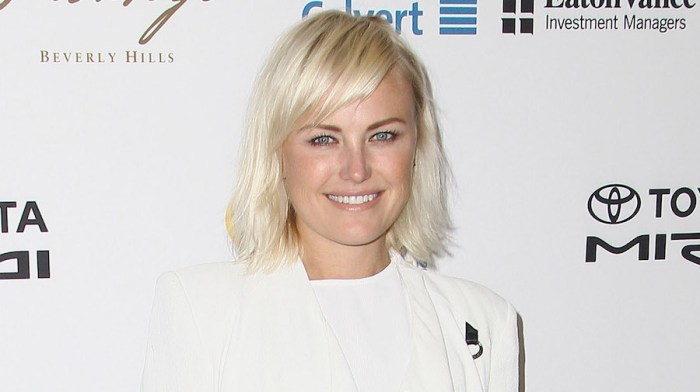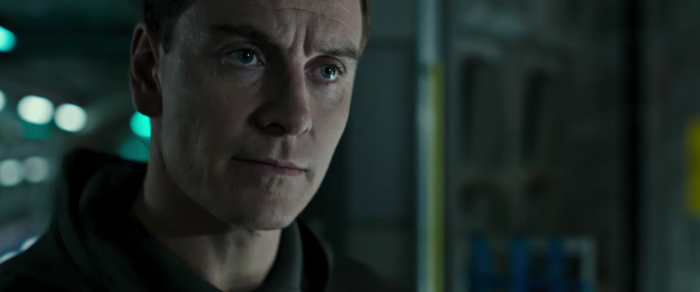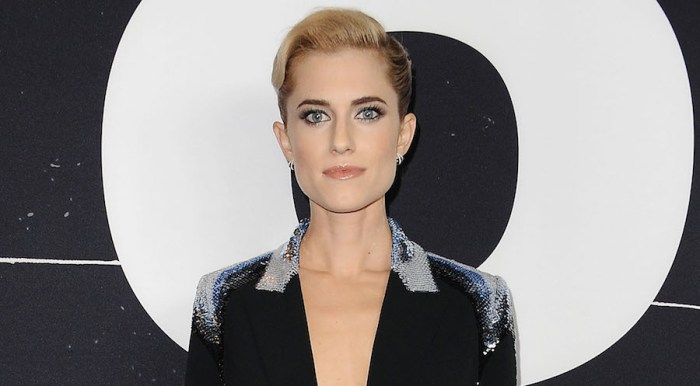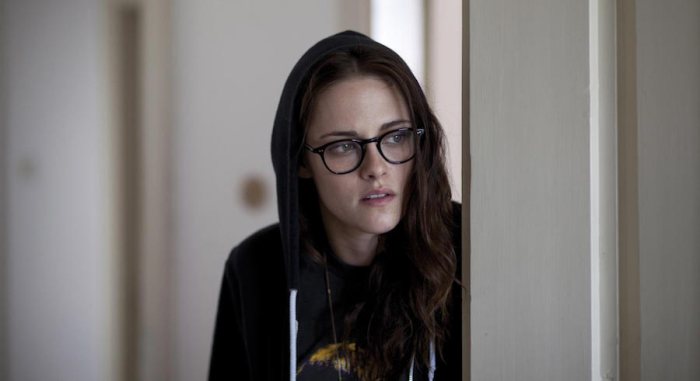If you grew up in’80s America, there’s a strong chance Joe Dante played a major role in your childhood. His films — particularly “Gremlins” and its sequel, “Explorers” and “Innerspace” — were big budget adventures with a dark sense of humor and a cockeyed view of America. Since 2003’s “Looney Tunes: Back in Action,” Dante has been working in the independent scene; he’s currently trying to get “Labirintus,” about an underground maze, made after suffering financing hiccups. In the meantime, you can see the bulk of his CV with “Joe Dante at the Movies,” a series running through August at BAM. Running through his career of hits and buried treasures (we particularly recommend 1993’s “Matinee”), it includes rare chances to see 1968’s “The Movie Orgy,” a five-hour battering ram mash-up of old movie trailers, and his celebrated TV work (including his two films for Showtime’s “Masters of Horror” series) on a big screen. Also included are films by other filmmakers that Dante admires, including Albert Brooks’ “Modern Romance,” the W.C. Fields’ film “It’s a Gift” and 1971’s “Cold Turkey,” the only film made by TV legend Norman Lear. We talked to Dante about the politics of his films, his nice version of Donald Trump in “Gremlins 2” and working outside of Hollywood.
All of your films have a political or subversive streak to them, but two of your earliest ones, “Piranha” and “The Howling,” were written by John Sayles. His own films are openly, passionately leftist. Was that streak what brought you together? RELATED: Review: “Suicide Squad” is a deeply flawed comic book movie with a real vision Sometimes politics are popular when done comedically, but it’s hard to do that now since the world right now resembles a cynical satire. I keep hoping that Trump supporters discover Elia Kazan’s 1957 film “A Face in the Crowd,” about a demagogue, and realize it’s really happening. You actually had a Trump-ish character in “Gremlins 2”: a billionaire who owned a high-tech building in New York. But he’s equal parts Ted Turner. He’s ultimately sort of likeable, not monstrous. Back to films that became prescient, every time angry men lash out at women on the Internet or on cable news shows, I think of your 2006 “Masters of Horror” TV film “The Screwfly Solution,” in which a disease causes men to physically attack women. RELATED: Review: Susan Seidelman’s “Smithereens” brings back the hellhole that was 1982 New York “The ’Burbs” ages interestingly, too, since it’s a portrait of suburbanites as cloistered and fearful of outsiders, even though its darker ending had to be changed. I wanted to bring up “Matinee,” about a William Castle-type filmmaker, which is a film I finally saw this year and which was a revelation. It doesn’t have as much of a rep as some of your other films, though there’s been plenty of smart, even scholarly writing about it. It’s a nice movie, but it didn’t really make any money. Nobody was surprised. [Laughs] It was a niche movie that should have been released by Miramax or somebody. Instead, through a series of machinations, it wound up as a Universal picture. I’m eternally grateful they let me make it, but you don’t take a picture like that and open it up on 1,000 screens for one weekend in January and hope people will see it. When I saw it I didn’t recognize Naomi Watts in a small bit part, I must confess. You’ve been working exclusively in the independent world since 2003’s “Looney Tunes: Back in Action.” It must be freeing to at least not have to endure test screenings and that jazz. Any filmmaker worth his salt can sit in the audience of his movie and tell exactly where it’s going wrong or when it’s not. Instead you get distracted by all this other stuff that’s going on, like someone’s wife didn’t like this scene. With an independent company you don’t have to deal with that. It’s a smaller group of people, it’s a smaller risk. You can have your own screenings. You can invite your friends or people off the street, and you can get a sense of what’s working or not. And it’s not going to cost as much as hiring these guys to just parrot the feelings of the studios. Do you think you could even work in the current studio system? RELATED:Anna Gunn on “Equity” and the hurdles powerful women face What is it like to get a film financed independently? This retro doesn’t just have your own films; it has films by other filmmakers that you’ve selected. I wanted to ask about “Cold Turkey,” a 1970 comedy about a small town where everyone tries to quit smoking for a big pay-out, and the only film directed by Norman Lear. Given Lear’s combination of populism and politics, was he a big influence on you? “Joe Dante at the Movies” runs from Aug. 4 through Aug. 25 at BAM. Visit the site for showtimes and tickets.
It may be one of the reasons we clicked. John’s a very thoughtful guy, even when he takes work-for-hire jobs. I don’t see him doing any right-wing movies. But all films are political, whether you mean it or not. There’s a bias in films. There’s a point of view; there’s a morality. Some of my favorite films are by right-wing directors, but they had a certain humanity that transcends that. But people don’t necessarily want to see movies that are about politics anymore. They don’t mind politics in a movie, if it’s couched in something else. Politics work better on television: “House of Cards,” “The Newsroom.” There have been some great political films made in the ’60s and ’70s. But I don’t see that coming back.
One of the movies they’re showing in this retrospective is “Idiocracy,” which was only made 10 years ago. It’s like we’re living in it now. I made a picture for HBO called “The Second Civil War” in 1997. It was a satire. Most of it has already happened. More of it is happening as we speak. It’s about the governor of Ohio, who tries to succeed because he doesn’t want refugees brought into his state. Who could have known that was actually going to be the situation? It’s very hard to do satire now, particularly with Mr. Trump. Satire is dead. There’s not a way to satirize the situation we’re in now. [Laughs]
We can only hope that what happens in “A Face in the Crowd” happens now. [Laughs]
These days I like to think of him more as Ted Turner. [Laughs]
The way John played him he became so likeable. He was originally envisioned as the villain. When John came in which his boyish enthusiasm and his gosh-wow attitude, he was so endearing. It was hard to make him the villain. So he wound up becoming what he is.
I get intimations of “The Screwfly Solution” all over the place, particularly in relation to Hillary Clinton’s candidacy. It’s the only film I ever made that has no humor in it. Because it’s just not funny! Of course, I’d never have been able to make it if it wasn’t for the fact that the “Masters of Horror” show let you do whatever you want as long as you didn’t spend any money. Years ago I wanted to make it as a feature film. Once I made it as a TV film I realized I must have been nuts. Who would ever want to pay to see this? It’s so depressing!
Maybe that’s the reason for its inexplicable popularity. [Laughs] We didn’t actually shoot the ending where Tom Hanks dies, because they wouldn’t have let me make the movie otherwise. The problem was we had created this red herring where these neighbors were allegedly doing something — who knows what? But then we had to explain what they were doing in that house. So we had to come up with some explanation, which was still not an explanation.
It’s a personal movie for me, because I was the age of the kid in the movie when the Cuban Missile Crisis happened. All of the props are mine, and the posters. It really was the weekend we thought there wouldn’t be school on Monday, because there wouldn’t be a school. I don’t know if the movie successfully conveys that, but we really thought the world was going to end. It was the most apocalyptic feeling I’ve ever had or hope to have. It uses horror movies as a way to cope with that.
Because she looks too much like Hayley Mills! [Laughs]
You still want to screen it, though. If you’re making a comedy you want to know where the laughs are. There are many things you can do to mess up your own movie, because you’re so close to it. But I hate the idea of going to these big studio screenings with paid companies, whose job it is to stand in front of the audience and parrot what the studio already thinks. They ask questions like, “I wonder if anyone liked the ending?” [Laughs] Or “Don’t you think the hero should have a dog?” They’re not helpful.
My last studio film was “Looney Tunes,” and I had a rather unpleasant time with that. And I haven’t been asked back, let’s put it that way.
You can’t count on anyone saying, “Here’s a job.” You’ve got to go out and hustle. You need to have projects, and you’ve got to have more than one, because if someone is interested in working with you and they don’t like your script, you can say, “Well, I have this.” You have to do all this on your own time. It’s like we’re all late-period Orson Welles: spending much more time to get our movies funded than we are actually making them.
This movie was. Not so much the TV shows, which everybody saw and liked, “All in the Family” especially. But there’s something about “Cold Turkey” that is so bright on the surface and so dark on the inside. It was really stunning to me. It’s not really about quitting smoking. It’s about politics. It’s about the media. The characters are so cynical. [Laughs] It’s such a cynical movie. That’s one of the reasons he made it. It’s clear he has affection for them, because the actors who play the parts are so good. Bob Newhart plays a guy who is literally insane. But he’s very endearing. The ending of the picture is so bleak, maybe the bleakest ending of a comedy ever. It’s a lost movie, and it’s a shame he never directed another one.
Joe Dante on his career and how satire is no longer possible
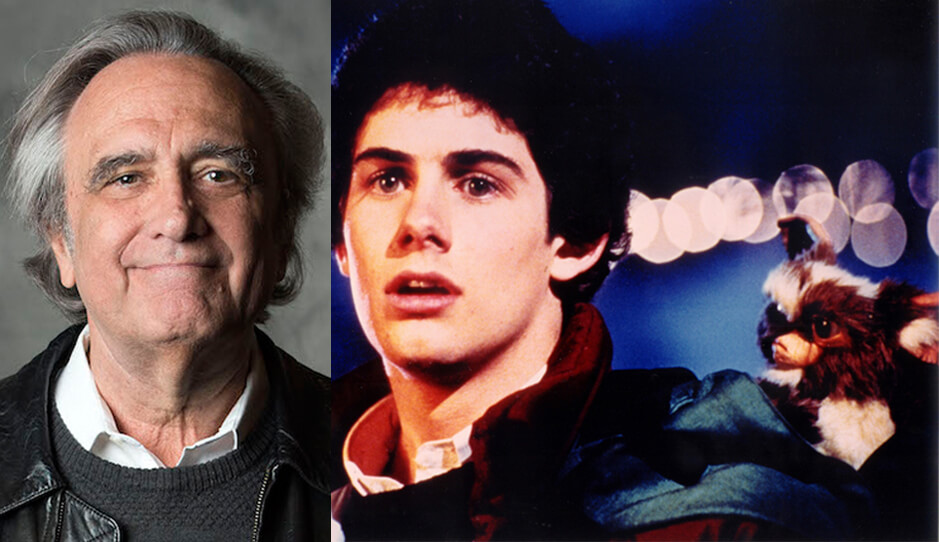
Getty Images, Warner Bros., Photofest
Follow Matt Prigge on Twitter @mattprigge











